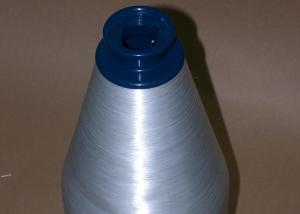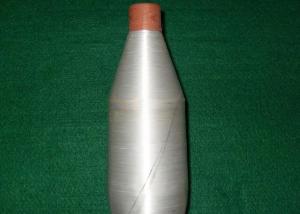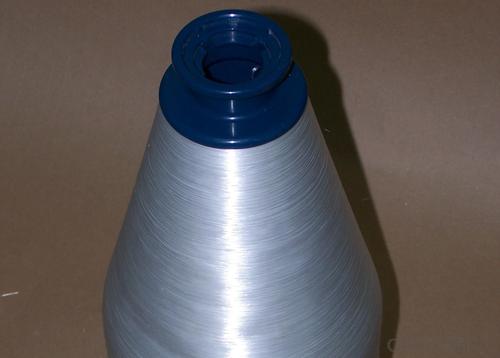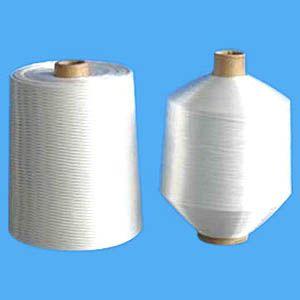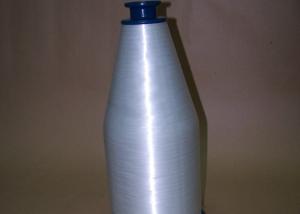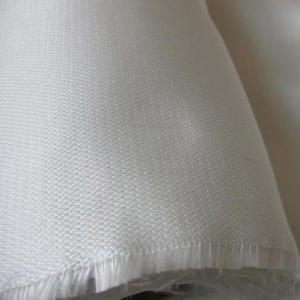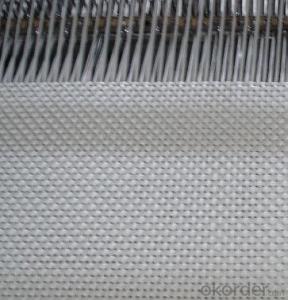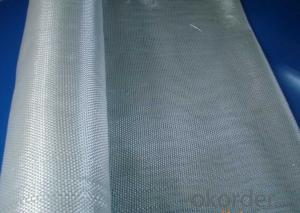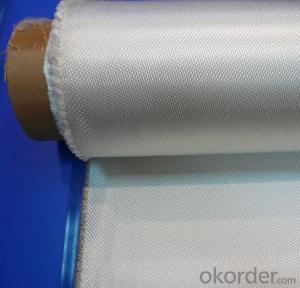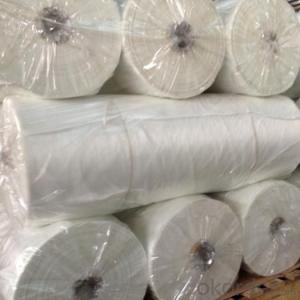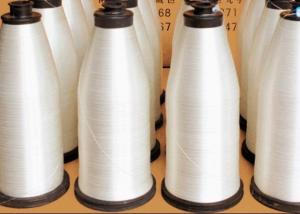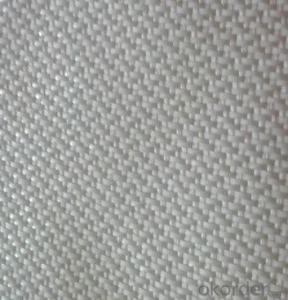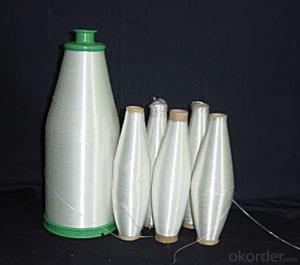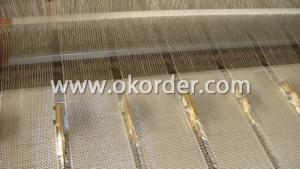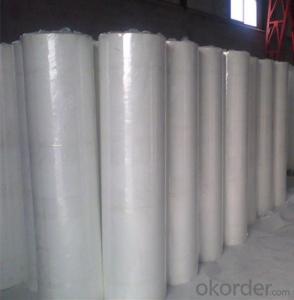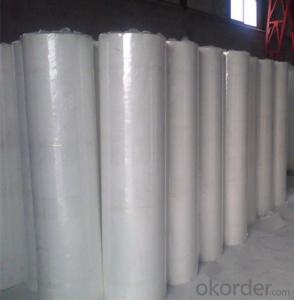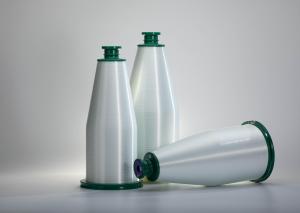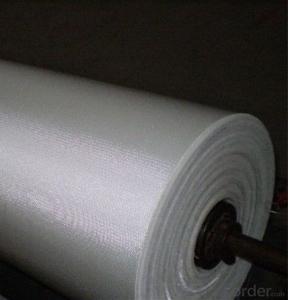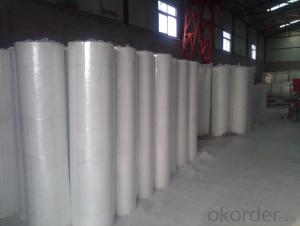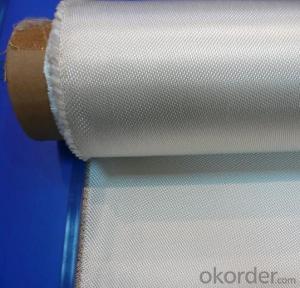Fiberglass Yarn EC9-34*1*2
- Loading Port:
- China Main Port
- Payment Terms:
- TT or L/C
- Min Order Qty:
- 1Ton kg
- Supply Capability:
- 100000Kg/Month kg/month
OKorder Service Pledge
OKorder Financial Service
You Might Also Like
Packaging & Delivery of Fiberglass Yarn EC9-34*1*2
Packaging Detail: | Bigger paper bobbin: 0.8kg per bobbin, 24 bobbins per carton. Smaller paper bobbin: 300 grams per bobbin, 66 bobbins per cartion. Plastic bobbin: 4kg per bobbin, 6 bobbins per smaller carton; 147 bobbins per bigger carton. |
Delivery Detail: | wihin15 days after confirmed order |
Specifications of Fiberglass Yarn EC9-34*1*2
Glass fiber filament yarn
corrosion resistant, heat resistance
little moisture absorption
low thermal conductivity
Technical data of Fiberglass Yarn EC9-34*1*2
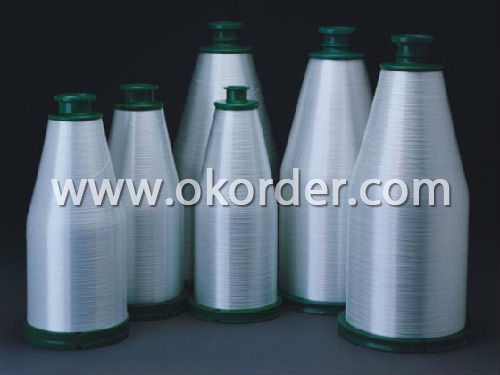

- Q: Can fiberglass yarn be used in shipbuilding?
- Yes, fiberglass yarn can be used in shipbuilding. Fiberglass yarn is a strong and lightweight material, making it suitable for various applications in the marine industry. It is commonly used in shipbuilding to reinforce composite materials, such as fiberglass-reinforced plastic (FRP) composites. These composites are used to construct boat hulls, decks, and other structural components, providing them with increased strength and durability. Fiberglass yarn is also resistant to corrosion, which is an important characteristic for materials used in shipbuilding. Overall, fiberglass yarn is a versatile material that can be effectively utilized in the construction of ships and other marine vessels.
- Q: Can fiberglass yarn be used for making upholstery cushions?
- Yes, fiberglass yarn can be used for making upholstery cushions. Fiberglass yarn is known for its high strength and durability, making it a suitable material for upholstery cushions. It provides excellent support and resilience, ensuring that the cushions maintain their shape and structure over time. Additionally, fiberglass yarn is resistant to moisture, mildew, and insects, making it a practical choice for upholstery applications. However, it is important to note that fiberglass yarn can be abrasive, so it is typically used in combination with other softer materials to provide comfort and prevent any potential skin irritation.
- Q: Can fiberglass yarn be used for making insulation tape?
- Indeed, insulation tape can be crafted using fiberglass yarn. Fiberglass, a sturdy and heat-resistant substance, is frequently employed for insulation endeavors. Its remarkable electrical insulation capabilities and capacity to endure elevated temperatures make it an optimal selection for insulation tape, which serves to insulate and safeguard electrical wires and cables. By weaving or braiding fiberglass yarn into tape format, a robust and supple insulation solution is created. Furthermore, fiberglass exhibits resistance against chemicals, moisture, and UV radiation, thereby heightening its appropriateness for insulation tape applications.
- Q: Can fiberglass yarn be used for upholstery?
- Yes, fiberglass yarn can be used for upholstery. It is known for its durability, strength, and resistance to moisture, making it suitable for upholstering furniture that requires a sturdy and long-lasting material. Additionally, fiberglass yarn can be used to create a variety of textures and designs, allowing for versatile and creative upholstery options.
- Q: Can fiberglass yarn be used in aerospace applications?
- Yes, fiberglass yarn can be used in aerospace applications. It is known for its high strength-to-weight ratio and excellent thermal resistance, making it suitable for various aerospace components such as insulation, composite materials, and structural reinforcements.
- Q: Is fiberglass yarn compatible with different resin systems?
- Yes, fiberglass yarn is compatible with different resin systems. Fiberglass yarn is commonly used as reinforcement in composite materials, and it can be used with various resin systems such as polyester, epoxy, and vinyl ester. The compatibility between fiberglass yarn and resin systems allows for flexibility in choosing the appropriate resin for specific applications and desired properties.
- Q: What are the different weights available for fiberglass yarn fabrics?
- Fiberglass yarn fabrics come in a variety of weights to cater to different applications and requirements. The weights of fiberglass yarn fabrics typically range from lightweight to heavy-duty. In terms of lightweight options, fiberglass yarn fabrics can have weights starting from around 100 grams per square meter (GSM) or even lower. These fabrics are often used in applications that require a delicate or thin fabric, such as for making lightweight curtains, apparel, or lightweight reinforcement in composite materials. For medium-weight fiberglass yarn fabrics, the weights can range from around 200 GSM to 400 GSM. These fabrics provide a balance between strength and flexibility, making them suitable for a wide range of applications. They are commonly used in industries like automotive, aerospace, construction, and marine for applications such as reinforcement in composites, insulation, filtration, and heat-resistant fabrics. In heavy-duty applications, fiberglass yarn fabrics can have weights exceeding 400 GSM. These fabrics are designed to provide maximum strength, durability, and resistance to extreme conditions. They are commonly used in industries such as oil and gas, chemical processing, and heavy machinery manufacturing. Heavy-duty fiberglass yarn fabrics are utilized for applications like insulation blankets, fire-resistant barriers, protective clothing, and high-strength reinforcements in composite materials. It's important to note that the availability of specific weights may vary based on manufacturers and suppliers. The weights mentioned here are just general ranges to give an idea of the different options available for fiberglass yarn fabrics.
- Q: Can fiberglass yarn be used for reinforcement purposes?
- Yes, fiberglass yarn can be used for reinforcement purposes. It is commonly used in various industries, such as construction, automotive, and aerospace, to reinforce materials and provide strength and durability. The high tensile strength and resistance to heat and chemicals make fiberglass yarn an ideal choice for reinforcement applications.
- Q: How does the pH resistance of fiberglass yarn compare to other materials?
- Compared to other materials, fiberglass yarn exhibits remarkably high pH resistance. Typically composed of glass fibers, which possess exceptional resistance against corrosion and degradation caused by acidic or alkaline substances, fiberglass yarn can endure exposure to a wide range of pH levels without incurring notable harm or deterioration. In contrast, various other materials, like cotton or natural fibers, are more prone to chemical reactions when subjected to extreme pH conditions. These substances may undergo degradation, discoloration, or a decrease in strength upon exposure to highly acidic or alkaline surroundings. Moreover, fiberglass yarn's pH resistance surpasses that of numerous synthetic materials, such as nylon or polyester. Although these materials generally display greater resistance to pH changes compared to natural fibers, they may still experience some level of degradation over time when confronted with extreme pH levels. In summary, the exceptional pH resistance of fiberglass yarn renders it an ideal option for applications necessitating durability and longevity in corrosive environments, such as chemical processing, wastewater treatment, or manufacturing industries.
- Q: Can fiberglass yarn be used in sports equipment?
- Sports equipment can indeed utilize fiberglass yarn. Fiberglass, a sturdy and lightweight material, is frequently employed in various sports gear like tennis rackets, hockey sticks, and golf clubs. When incorporated into these items, fiberglass yarn enhances their longevity, rigidity, and overall effectiveness. The remarkable strength-to-weight ratio of fiberglass renders it perfect for sports equipment, enabling enhanced power, control, and maneuverability. Furthermore, fiberglass is immune to corrosion and can withstand the rigorous conditions athletes subject their gear to. Hence, fiberglass yarn is a favored option in sports equipment manufacturing due to its versatility and advantageous attributes.
1. Manufacturer Overview
| Location | Shandong, China |
| Year Established | 2008 |
| Annual Output Value | US$ 5 Million - US$ 10 Million |
| Main Markets | North America, Eastern Europe, Southeast Asia, Mid East, Eastern Asia |
| Company Certifications |
2. Manufacturer Certificates
| a) Certification Name | |
| Range | |
| Reference | |
| Validity Period |
3. Manufacturer Capability
| a) Trade Capacity | |
| Nearest Port | Qingdao |
| Export Percentage | 41%-50% |
| No.of Employees in Trade Department | 3-5 People |
| Language Spoken: | English, Chinese |
| b) Factory Information | |
| Factory Size: | 10400 square meters |
| No. of Production Lines | Above 10 |
| Contract Manufacturing | Design Service Offered Buyer Label Offered |
| Product Price Range | Average |
Send your message to us
Fiberglass Yarn EC9-34*1*2
- Loading Port:
- China Main Port
- Payment Terms:
- TT or L/C
- Min Order Qty:
- 1Ton kg
- Supply Capability:
- 100000Kg/Month kg/month
OKorder Service Pledge
OKorder Financial Service
Similar products
Hot products
Hot Searches
Related keywords
